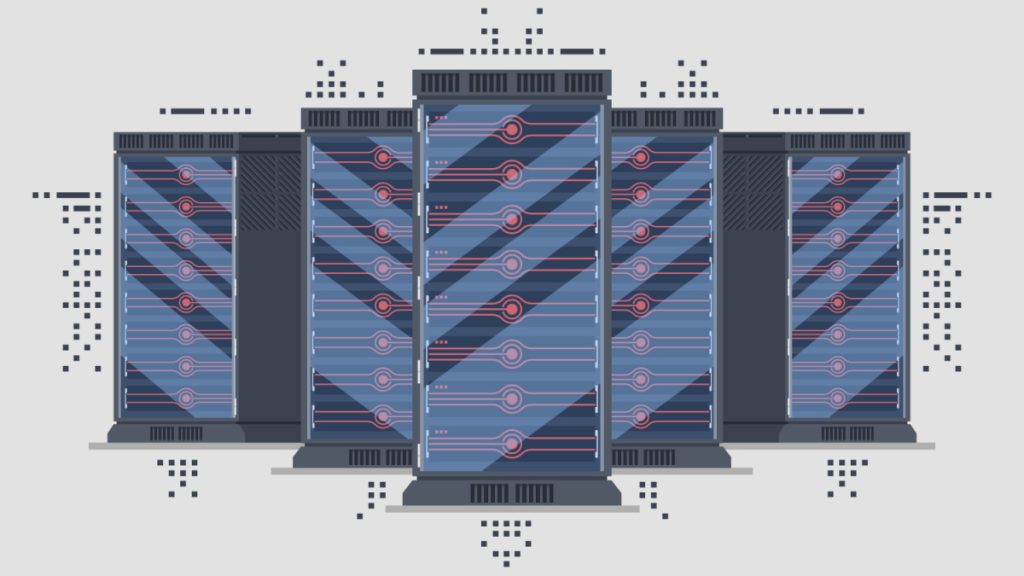
In 2023 supercomputing news, Argonne National Laboratory is on the verge of completing Aurora, a planned exascale supercomputer that rivals Frontier.
- Aurora is set to perform over 2 exaFLOPS.
- So far, the team has used Aurora in automated labs, accelerating real-world experiments.
- The financial services industry will make the most of its speed and memory to process data and secure their institutions.
Argonne National Laboratory is just about done with the supercomputer that’s set to be the world’s most powerful computational machine, Aurora.
Aurora is a planned exascale supercomputer that is set to perform over 2 quintillion (10^18) floating-point operations per second (exaFLOPS). This is the equivalent of performing 2 billion calculations every second. Frontier, the current fastest supercomputer in the world at 1.102 exaFLOPS, will have nothing on Aurora.
It is currently being developed at the Argonne Leadership Computing Facility (ALCF) at Argonne National Laboratory in Illinois. But it’s a joint project between the U.S. Department of Energy (DOE) and Intel, with Hewlett Packard Enterprise (HPE) providing additional support.
From the way it’s looking, it’s set to be a beauty.
- Size: 2 tennis courts
- Weight: 600 tons
- Architecture: Hybrid (Intel Xeon Scalable + Intel Xe)
- Processors: 21,248 Intel Xeon Scalable processors
- Graphic Processing Units (GPUs): 63,744 Intel Data Center GPU Max Series
- Storage: 230 PB
- Power consumption: 60 MW
This is definitely no dainty Casio calculator! The team expects it to be fully operational by 2024.
Until then, they are utilizing automated labs to conduct real-world experiments that are overseen by robots. Aurora can then analyze and modify these experiments, significantly accelerating the research process.
Rick Stevens, associate laboratory director for computing, environment, and life sciences at Argonne, envisions unbiased Aurora-based AI programs acting as researchers.
“If you have an AI that is able to explore on its own, it will learn relationships that are unbiased,” he said. “It could learn relationships in a different way than we do.”
But what would happen if Aurora decided to become a finance bro? a finance bot?
Until quantum computing gets here, the financial services industry (FSI) might need to brace itself for Aurora’s full impact first. It would probably be like if the industry took Speed.
Financial institutions would run through a mind-boggling amount of data in mere days. Subsequently, they would make quicker decisions. Not to mention how accurate market assessments would become. Imagine losing a business loan because Aurora deemed you risky. That’s an uncomfortable image…
Let’s talk cybersecurity for a second. Aurora could be a saving grace with the speed at which it might be able to identify patterns of fraudulent activities. It could also help to strengthen security measures, so these institutions don’t get ripped off.
Tell you what, if encryptions were tailored to be Aurora-proof, it might restore my faith in financial institutions.
Inside Telecom provides you with an extensive list of content covering all aspects of the tech industry. Keep an eye on our Fintech sections to stay informed and up-to-date with our daily articles.